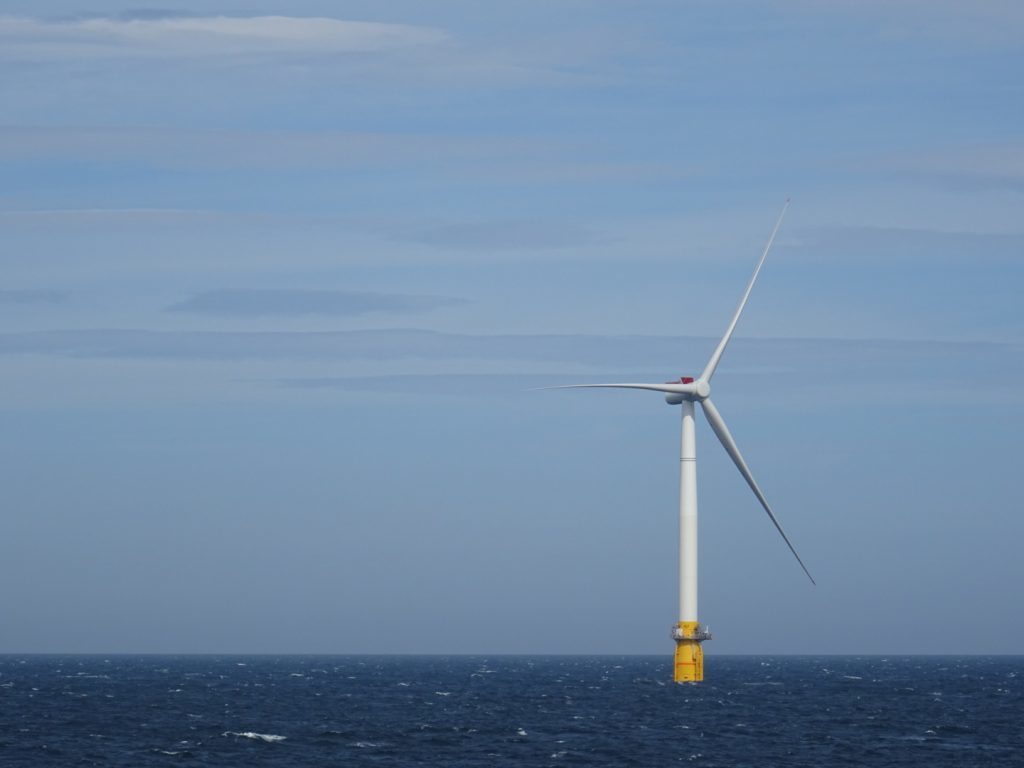
The Offshore Marine Management (OMM) group has fired a Brexit warning shot across the bow of the UK government claiming the renewable energy industry could be “compromised” under the EU Withdrawal Bill.
The OMM is urging MPs to consider the impact on the renewables industry ahead of the return of the EU Withdrawal Bill to the House of Commons in the coming weeks.
The issue surrounds a House of Lords backed amendment to the bill asking that the UK remain in the European Economic Area (EEA) up on its exit from the EU in nine months time.
The amendment, citing what it calls the “Norway model”, would seek to allow the UK to retain key aspects of the single market.
Rob Grimmond, OMM Director, said: “It is crucial that MPs give due consideration to the offshore renewables industry ahead of their decision on the EU Withdrawal Bill, given the importance of a secure and flexible workforce to the work that we do.
“There is potential for the increased administration costs associated with the end of free movement privileges to significantly restrict the opportunities available to our team and others alike. This will not only have negative implications for British businesses like OMM, but also for the renewables industry across Europe as a whole, in light of the significant role we play in offshore wind production.”
The OMM say the restriction of free movement of people would hamper the “flexible workforce” required for the renewables industry and will be “compromised” under any new laws parliament puts in place.
They say the extra administration required could “severely impact” industry targets beyond 2025.
Anthony Lewis of Offshore Marine People Academy said: “Staying within the EEA could mitigate the additional costs, administration and risk to quick response presented by working with countries that require British workers to complete visa applications, and as such would give our skilled and experienced workers the continued opportunity to operate successfully in European waters.
“Should the House of Commons decide to reject this, it is important that they work with the industry to secure an alternative deal that will safeguard industry jobs and, indeed, the UK’s offshore capability.”
